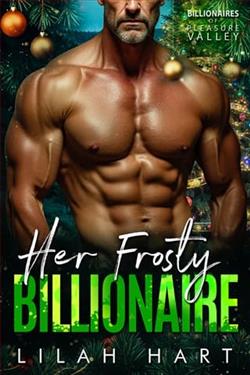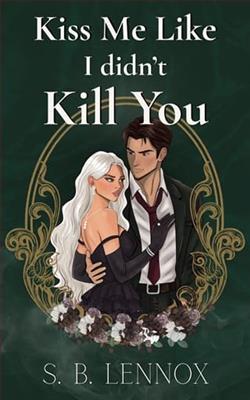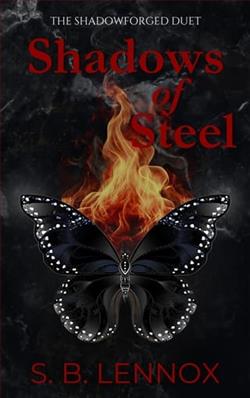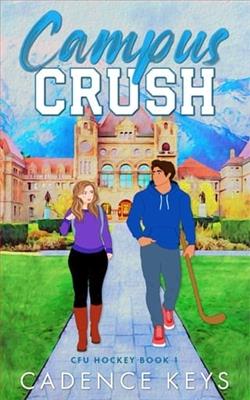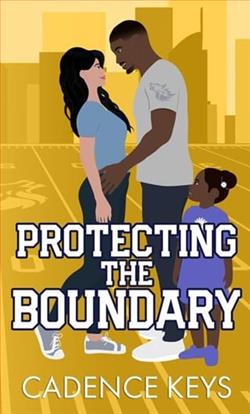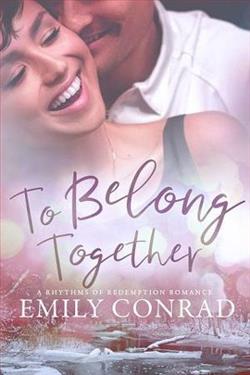Page 24 of Into the Water
I smiled. “I’m not following you. I spotted you from my car and I just thought I’d come over and say hello. Are you all right?”
“I’m fine, I’m fine.” She didn’t look fine. She leaned against the wall and looked up at the sky. “There’ll be a storm later.”
I nodded. “Smells like it.”
She jerked her head back. “That all done, then? Nel Abbott? Closing the file? Consigning her to history?”
“The case isn’t closed,” I said.
“Not yet. Will be soon, though, won’t it?” She muttered something else under her breath.
“What was that?”
“It’s all sewn up, isn’t it?” She turned to face me full on and prodded me in the chest with a fat forefinger. “You know, don’t you, that this wasn’t like the last one? This wasn’t like Katie Whittaker. This was like your mother.”
I took a step backwards. “What is that supposed to mean?” I asked her. “If you know something, you should tell me. Do you? Do you know something about Nel Abbott’s death?”
She turned away, muttering again, her words indistinguishable.
My breath quickened, my body flushed with heat. “Don’t mention my mother to me like that. Today of all days. Christ! What sort of person does that?”
She waved a hand at me. “Oh, you don’t listen, you lot never listen,” she said, and tottered off down the path, still talking as she went, every now and again reaching out to the stone wall to steady herself.
I was angry with her, but more than that, I felt blindsided, wounded almost. We’d known each other for years and I’d never been anything but polite to her. She was misguided, sure, but I didn’t think of her as a bad person, and I certainly never thought of her as cruel.
I trudged back towards the car before changing my mind and veering off to the village shop. I bought a bottle of Talisker—my father likes it, though he doesn’t drink a great deal. I thought we could share a glass together later, to make up for before, for my leaving like that. I tried to picture it, the two of us sitting at the kitchen table, the bottle between us, raising a glass. I wondered what—who—we would raise it to? The mere imagining of it made me fearful, and my hand started to shake. I opened the bottle.
The smell of the whiskey and the heat of the alcohol in my chest brought to mind childhood fevers, fraught dreams, waking with my mother sitting on the edge of my bed, pushing damp hair from my forehead, rubbing Vicks into my chest. There have been times in my life when I have barely thought of her at all, but lately she has been in my thoughts more and more—and more than ever over the past few days. Her face comes to me; sometimes she is smiling, sometimes not. Sometimes she reaches for me.
• • •
THE SUMMER STORM started without me noticing. Perhaps I dropped off. I only know that when I came to, the road ahead looked like a river and thunder seemed to shake the car. I turned the key in the ignition, but then it struck me that the whiskey bottle in my lap was only two-thirds full, so I switched the engine off again. Under the drum of thunderous rain I could hear my breathing, and just for a moment I thought I could hear someone else’s breath, too. I was struck by the ridiculous notion that if I turned around, there would be someone there on the backseat of the car. For a moment I was so sure of this that I was too afraid to move.
I decided a walk in the rain would sober me up. I opened the car door, checking the backseat, despite myself, and stepped out. I was instantly soaked through and blinded by water. A fork of lightning split the air, and in that second I saw Julia, drenched, half walking, half running towards the bridge. I slid back into the car and flashed the lights on and off. She stopped. I flashed the lights again and, tentatively, she made her way towards me. She stopped a few metres away. I wound down the window and called out to her.
She opened the door and got in. She was still wearing her funeral clothes, though they were sodden now and clinging to her small frame. She’d changed her shoes, though. I noticed that her tights had laddered—I could see a small circle of pale flesh on her knee. It seemed shocking because whenever I’ve seen her before, her body has always been covered—long sleeves and high collars, no skin on show. Unreachable.
“What are you doing out here?” I asked. She glanced down at the whiskey in my lap, but made no comment. Instead, she reached over, pulled my face to hers and kissed me. It was strange, heady. I could taste blood on her tongue and for a second I succumbed, before pulling violently away from her.
“I’m sorry,” she said, wiping her lips, her eyes cast down. “I’m so sorry. I’ve no idea why I did that.”
“No,” I said. “Neither do I.” Incongruously we both started to laugh, nervously at first and then wholeheartedly, as though the kiss were the most hilarious joke in the world. When we stopped, we were both wiping tears from our faces.
“What are you doing out here, Julia?”
“Jules,” she said. “I was looking for Lena. I’m not sure where she is . . .” She looked different to me, no longer closed off. “I’m frightened,” she said, and she laughed again, as though embarrassed now. “I’m really frightened.”
“Frightened of what?”
She cleared her throat and pushed her wet hair back from her face.
“What are you afraid of?”
She took a deep breath. “I don’t . . . This sounds strange, I know, but there was a man at the funeral, a man I recognized. He used to be Nel’s boyfriend.”
“Oh?”
“I mean . . . not recently. Forever ago. When we were teenagers. I’ve no idea if she’d seen him more recently than that.” There were two high spots of colour in her cheeks. “She never mentioned him in any of her phone messages. But he was there at the funeral, and I think . . . I can’t explain why, but I think he might have done something to her.”








